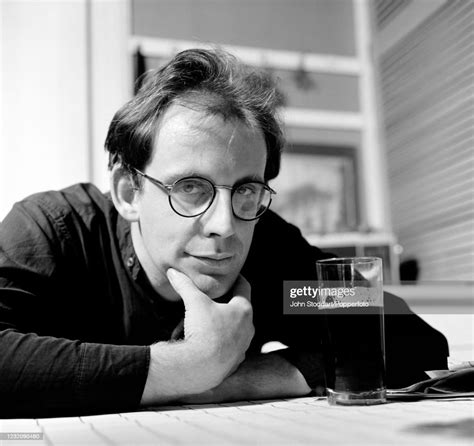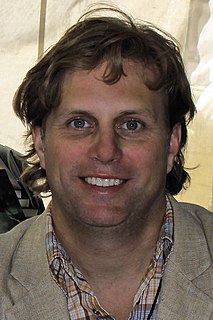A Quote by Junot Diaz
The Prisoner's Wife echoes Edwidge Danticat's Farming of the Bones in the urgency in which it reminds us of the possibility of love even amidst the ruins. This is a terrifying, heart-breaking and, ultimately, important book.
Related Quotes
Edwidge Danticat's prose has a Chekhovian simplicity--an ability to state the most urgent truths in a measured and patiently plain style that gathers a luminous energy as it moves inexorably forward. In this book she makes a strong case that art, for immigrants from countries where human rights and even survival are often in jeopardy, must be a vocation to witness if it is not to be an idle luxury.
Living men are bound by time... Thus, their lives have an urgency. This gives them ambition. Makes them choose those things that are most important, cling more tightly to that which they hold dear. Their lives have seasons, and rites of passage, and consequences. And ultimately, an end. But what of a life with no urgency? What then of ambition? What then of love?
Women have an important role in agriculture. We need to introduce technology, which will help us harness the potential of women in agriculture. We need to divide the agriculture sector into three parts- regular farming, farming of trees and animal husbandry. If we are able to do this, the contribution of our women will increase even more.
There can be no love so long as there is lust- even a speck of it, as it were, in the heart. None but men of great renunciation, none but mighty giants among men, have a right to that Love Divine. If that highest ideal of love is held out to the masses, it will indirectly tend to stimulate its worldly which dominates the heart of man- for, meditating on love to God by thinking of oneself as His wife or beloved, one would very likely be thinking most of the time of one's own wife- the result is too obvious to point out.
With Salvage the Bones, Jesmyn Ward has written the best sort of novel-a beautiful, important book that's both unflinching and tender, heartbreaking and triumphant. A lyrical and riveting testament to the strength of the human spirit, as well as the power of family and community. Ward's paragraphs are like songs, lifting us even as the authenticity of this world and these characters keeps the ground in clear sight. This is an extraordinary book by an extraordinary writer.
And what, you ask, does writing teach us? First and foremost, it reminds us that we are alive and that it is gift and a privilege, not a right. We must earn life once it has been awarded us. Life asks for rewards back because it has favored us with animation. So while our art cannot, as we wish it could, save us from wars, privation, envy, greed, old age, or death, it can revitalize us amidst it all.
I wrote a book called 'Doll Bones', which was another middle-grade book, and when I was writing it, I needed a place in the U.S. that made bone china. And there are only two places in the U.S. that make bone china. They made it by grinding down actual cow bones. It was a plot point. It was a creepy doll book.
You will want a book which contains not man's thoughts, but God's - not a book that may amuse you, but a book that can save you - not even a book that can instruct you, but a book on which you can venture an eternity - not only a book which can give relief to your spirit, but redemption to your soul - a book which contains salvation, and conveys it to you, one which shall at once be the Saviour's book and the sinner's.
But perhaps this is all to the good. Perhaps it’s best to live with the possibility that around any corner, at any time, may come the person who reminds you of your own capacity to surprise yourself, to put at risk everything that’s dear to you. Who reminds you of the distances we have to bridge to begin to know anything about one another. Who reminds you that what seems to be—even about yourself—may not be. That like him, you need to be forgiven.




































